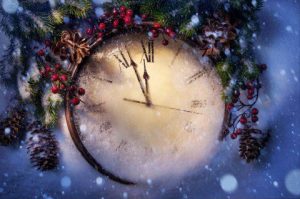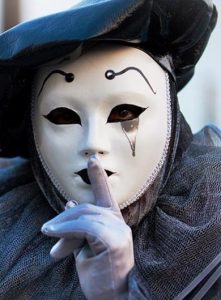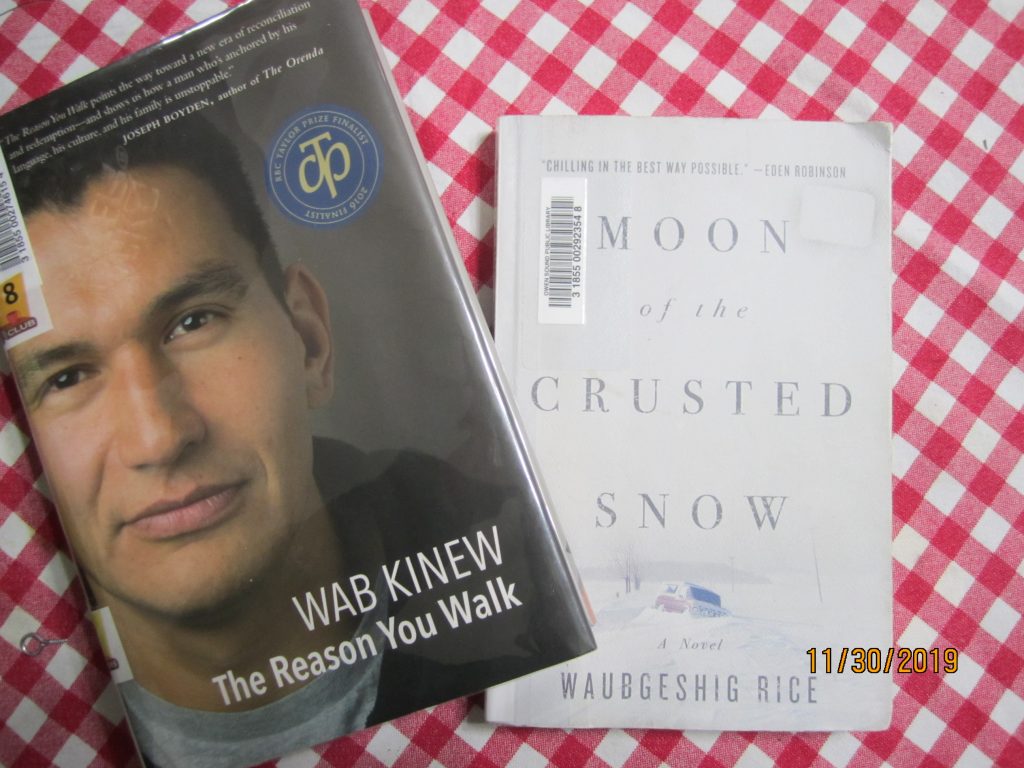
If there is one thing that can ease the stress of being stranded by a surprise winter storm when traveling, it is getting to hang out with folks who are great storytellers.
This was the lucky situation for me last week when traveling to Fort Frances. After a bumpy landing in Thunder Bay amid blustery seventy-kilometer per hour winds, it was a quick ride to a hotel with the hopes of getting a room. Many other travelers had the same plan. The Trans-Canada Highway heading west was closed as was the 350 kilometer stretch of road to Fort Frances.
Read more

